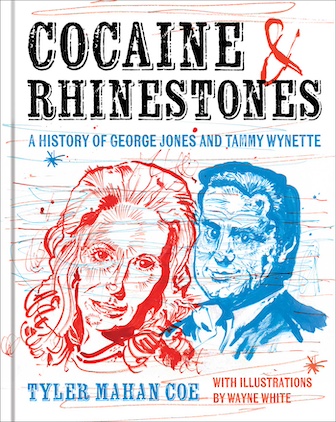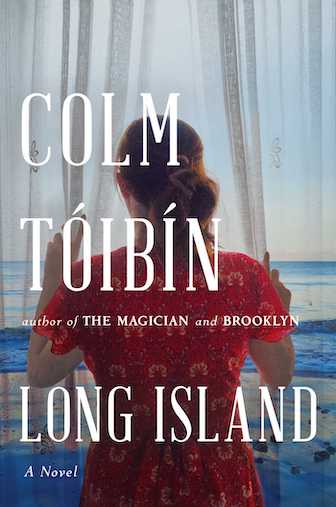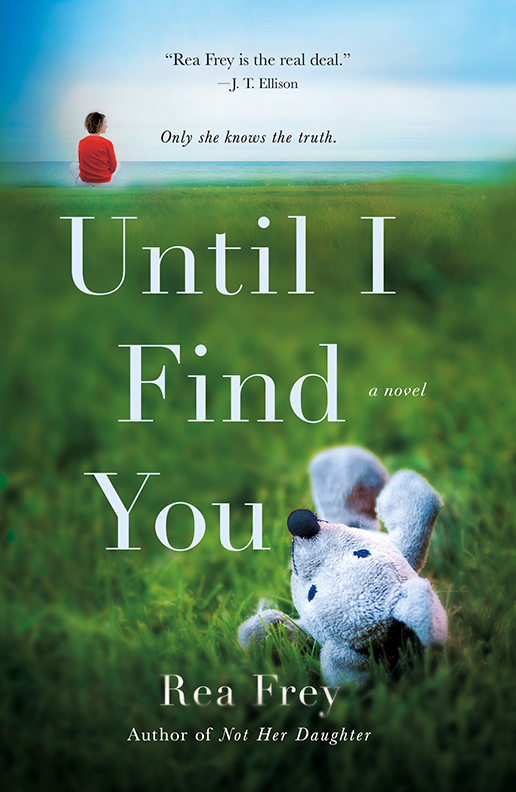The Little Devil’s Advocate
In Emily Giffin’s All We Ever Wanted, Nashville parents navigate the perils of social media
For parents of teenagers, Emily Giffin’s novel All We Ever Wanted will strike a chord-a dark, ominous chord. When some Nashville high-school students experiment with alcohol and social media, a scandal ensues, one with possibly criminal implications. Fingers are pointed, threats are made, futures are compromised, and in the middle of the maelstrom stand two sets of parents torn between protecting their children and letting them suffer for their own misjudgments.
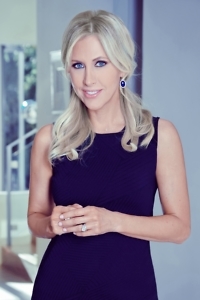
Giffin’s novel raises the question of how far parents should go to protect their own children. Lie to protect them from harm? Compromise their school’s honor system? Defend them even if they were guilty of a crime? One mother makes it clear that flesh and blood should come first. “You need to be an advocate for your own child!” she cries. “You should always side with your kid. Always.”
Nina Browning, one of Giffin’s three narrators, wants what’s best for her son, a Princeton-bound senior at the fictional Windsor Academy, but his misconduct causes her to question her parenting choices. Perhaps she and her husband, Kirk, a software mogul made rich by the sale of his company, have spoiled their son. In the past she wondered, “If we could easily afford an eighty-thousand-dollar car for Finch, why get him a forty-thousand-dollar car he’d love so much less?” Now she realizes such questions should not have been rhetorical.
Kirk meanwhile is compounding the problem by focusing solely on preventing Windsor from administering justice, thereby saving Finch’s admission to Princeton. Kirk seems to believe his generous donations should protect his son from inquiry: “I’m not going to let Finch’s fate end up in the hands of a few leftist wing-nut academics,” he tells Nina. Worse, this arrogance seems to be sprouting in his son. Exiting the headmaster’s office after a meeting that should have shamed Finch, Nina sees “a glint of determination in Finch’s eyes. Something that channeled his father and made me shiver a little inside.”
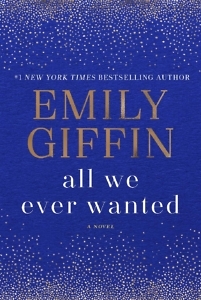 The other two narrators in All We Ever Wanted come from Nashville’s east side, offering outsiders’ perspectives on the privileged enclave of Windsor. Lyla Volpe, the sophomore at the center of the Snapchat affair, wants the hullabaloo to disappear as quickly as possible, but her father, Tom, a carpenter and single parent, bridles at the prospect of seeing the scions of wealthy families go unpunished. Self-conscious about her status as a financial-aid student, Lyla accuses Tom of making the problem worse by dragging it into the open, though she comes to learn the inestimable value of a father willing to defend her honor. Lyla also finds an unlikely ally in Nina, who endured a parallel trauma as a freshman at Vanderbilt, one involving alcohol and assault.
The other two narrators in All We Ever Wanted come from Nashville’s east side, offering outsiders’ perspectives on the privileged enclave of Windsor. Lyla Volpe, the sophomore at the center of the Snapchat affair, wants the hullabaloo to disappear as quickly as possible, but her father, Tom, a carpenter and single parent, bridles at the prospect of seeing the scions of wealthy families go unpunished. Self-conscious about her status as a financial-aid student, Lyla accuses Tom of making the problem worse by dragging it into the open, though she comes to learn the inestimable value of a father willing to defend her honor. Lyla also finds an unlikely ally in Nina, who endured a parallel trauma as a freshman at Vanderbilt, one involving alcohol and assault.
Giffin’s popularity—eight previous bestsellers, one adapted as a Hollywood film, with two more in development—is based on a wise portrayal of complex bonds among women. Nina feels close to Melanie, whose son is also mixed up in the drunken misdeeds, but suspects that Melanie’s good heart has been muted by wealth. It’s her oldest friend, Julie, an attorney in their hometown of Bristol, who provides the pragmatic support and unqualified love Nina needs to navigate this crisis.
Giffin, who lives in Atlanta, has clearly done her research on Nashville, offering suggestions to potential tourists about restaurants (Etch and Husk are Nina’s favorites) and nightlife (Finch impresses Lyla with tickets to a private Luke Bryan show at 3rd and Lindsley). The novel may oversimplify the differences between the two sides of Nashville—portraying the West as obsessed with money and status, while the East is a bastion of “gritty” authenticity—but crossing the Cumberland River offers an effective symbol for the choices Giffin’s characters make.
All We Ever Wanted is part of a growing subgenre of novels in which parents plunge into their children’s social lives, in the process making thorny problems geometrically worse. Readers who enjoyed Liane Moriarty’s Big Little Lies (and the HBO miniseries it inspired) or Caitlin Macy’s Mrs. will be intrigued by the ways Giffin’s characters attempt to bridge the generational divide.

Sean Kinch grew up in Austin and attended Stanford. He earned a Ph.D. from the University of Texas. He now teaches English at Montgomery Bell Academy in Nashville.
